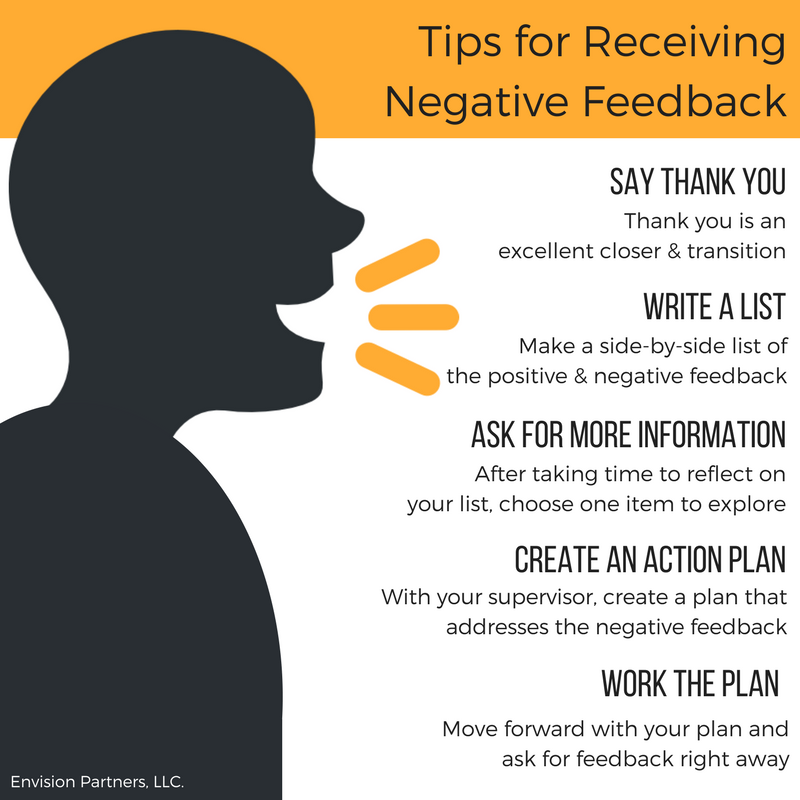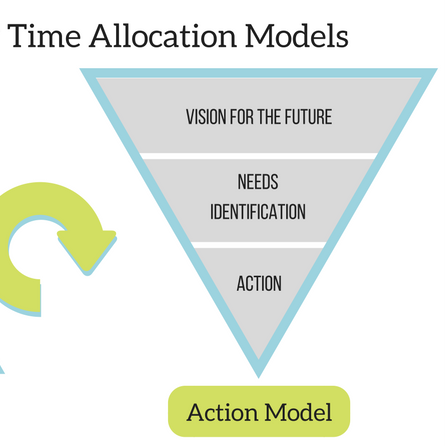How Would President Eisenhower Manage Email?
I have previously written about the Important-Urgent grid (The Eisenhower Box). I have also previously written about not treating all email messages as equal. Perhaps we can apply Eisenhower’s Important-Urgent matrix to email.
Is the content of email important? Is the content of email urgent? Let’s explore.
Yes, some email messages contain important information. Most do not. Determining if the content of a given message is indeed important or not important might be what takes the most time with email. Internally, we have filters to make those quick decisions based on the sender of the email or the subject line. We can make it even quicker if we automate those filters using our email program. The email messages that have a high likelihood of being important should automatically be pulled out and put into a folder for your review at a designated time*. The same is true of messages we know are not important. Going even further than a filter, unsubscribe from unwanted newsletters and block them if needed just to reduce the volume in your mailbox.
Regarding the remaining middle, these are messages that require more discernment and should be the ones that are processed and responded to as they are read or deleted if not deemed important. Those deemed important should be put in the proper location and too should be read and managed at a pre-designated time.
Whether or not an email is an urgent form of communication is a bit more complicated. For the older audience the ability to send and receive email at lightning speed is so enamoring and fast relative to older forms of written communication that we tend to see email as being a way to communicate urgent information. However, if something is really urgent—and think about it—send a personal text or call on the telephone or show up the other person’s office (see the accompanying figure). It’s like advertising—in that you need to separate your urgent message from the many, many non-urgent messages in the receiver’s inbox.
To save frustration, I adopted a younger generation’s attitude about email. As the receiver of email, I assume that none of the messages are urgent–unless I have failed to do something that was not previously urgent, but was important. Therefore, I am not going to make it a habit to peruse my email looking for those items. To be safe in this assumption, you need to change the expectations of your senders. This is easiest done by actually articulating your expectations for urgent communication and for non-urgent communication.
*Twice I’ve mentioned managing email at a designated time. In doing so, I have morphed several strategies into one. For most people, the highest energy time is first thing in the morning. Use this time for your most important brain-work like meeting prep, writing or analysis. But because email is an activity that takes real time and requires real decisions, it is not something to put off to the end of the day. It’s not busy work. I like the idea of not checking email until after I have done something important on today’s agenda. But I don’t wait until the end of the day. Another strategy is the check and manage email periodically throughout the day, at designated times, and turning it off in-between. Email can be distracting so make sure it is at designated times and for a limited time.











